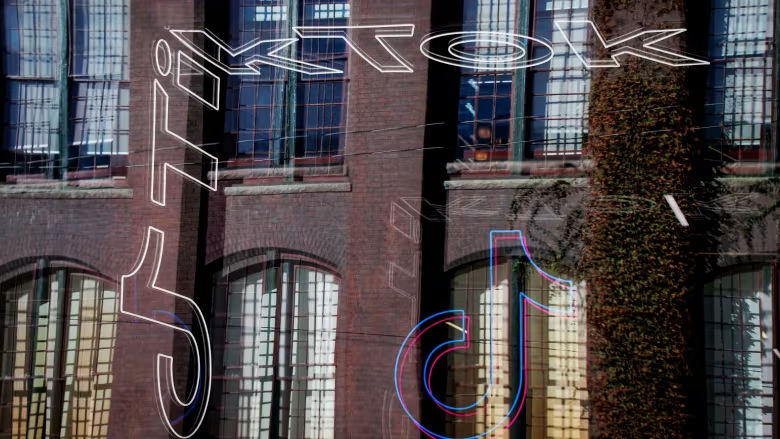Introduction
In today’s digital age, social media has become a cornerstone of our daily lives. Platforms like Facebook, Instagram, Twitter, and TikTok allow us to connect, share, and engage with others, but they can also become a source of dependency and even addiction. Social media addiction is a behavioral dependency that can significantly impact mental health, relationships, and productivity. This blog post delves into what social media addiction is, why it happens, its signs, and practical steps to break free from its grip.
What Is Social Media Addiction?
Social media addiction is a form of behavioral addiction that occurs when individuals compulsively use social media platforms. This addiction can manifest as an overwhelming urge to check notifications, scroll through feeds, or post updates. Over time, it can disrupt daily routines, strain personal relationships, and interfere with work or academic performance.
Why Do We Get Addicted to Social Media?
- The Dopamine Effect: Social media platforms are designed to be engaging, often providing “rewards” in the form of likes, comments, and follows. These interactions trigger the release of dopamine, a “feel-good” neurotransmitter, which reinforces the behavior, making us crave it even more.
- FOMO (Fear of Missing Out): Many people feel anxious about missing updates, trends, or social events, leading to compulsive checking of social media platforms to stay in the loop.
- Validation and Approval: Social media is a place where people seek validation through likes and comments, which can become an addictive feedback loop as people begin to equate online attention with self-worth.
- Constant Availability: The accessibility of social media on mobile devices means it’s always within reach, making it easy to fall into the habit of checking it frequently.
Signs of Social Media Addiction
- Inability to Reduce Usage: You try to cut back but find yourself going back to social media frequently.
- Neglect of Real-World Activities: Social media starts taking priority over daily tasks, responsibilities, and even face-to-face interactions.
- Mood Swings Related to Social Media Use: You feel anxious, restless, or upset when unable to access social media or if a post doesn’t get as many likes or comments as expected.
- Checking Social Media First Thing in the Morning and Last Thing at Night: This habit can disrupt sleep patterns and increase dependency.
- Experiencing Physical Symptoms: Prolonged screen time can lead to headaches, eye strain, or a stiff neck from poor posture.
Effects of Social Media Addiction
- Mental Health Challenges: Social media addiction can lead to increased feelings of loneliness, anxiety, and depression. It can also contribute to low self-esteem, especially with constant exposure to curated content that may lead to unrealistic comparisons.
- Reduced Productivity: Social media can be a huge time drain, decreasing productivity and making it hard to focus on tasks.
- Strained Relationships: Social media overuse can negatively impact personal relationships, as one may become more focused on online interactions than those in real life.
- Sleep Disturbance: Excessive scrolling at night can disrupt sleep patterns, leading to fatigue and decreased mental well-being.
How to Break Free from Social Media Addiction
- Set Limits and Boundaries: Use apps to track your social media time or set specific times during the day to check your accounts. For example, aim to only check social media during lunch or after work.
- Turn Off Notifications: Reduce the impulse to check your phone by turning off social media notifications, limiting the amount of external triggers.
- Engage in Offline Activities: Reconnect with offline hobbies, spend time with friends and family, exercise, read, or go for a walk. These activities can help you reset and provide a sense of fulfillment outside of social media.
- Use Technology to Control Technology: Apps like “Moment” or “Forest” can help limit screen time, encouraging you to spend less time on social media and more time engaged in real-life activities.
- Practice Mindfulness: Be aware of when and why you’re using social media. If you’re turning to it out of boredom, loneliness, or stress, look for alternative ways to address those feelings.
- Seek Professional Help if Needed: If social media usage is seriously affecting your mental health, relationships, or productivity, consider speaking with a therapist who specializes in behavioral addictions.
Final Thoughts
While social media can be an incredible tool for connection, it’s important to remember that, like anything else, moderation is key. Awareness and understanding of social media addiction are the first steps toward reclaiming control over your time and mental well-being. By making small, conscious changes in how you use social media, you can enjoy its benefits without letting it control your life. Take the first step today – your future self will thank you.
Conclusion
Social media addiction is real, but it doesn’t have to dominate your life. Recognize the signs, set limits, and find joy in offline activities. Reclaim your time, energy, and peace of mind.

